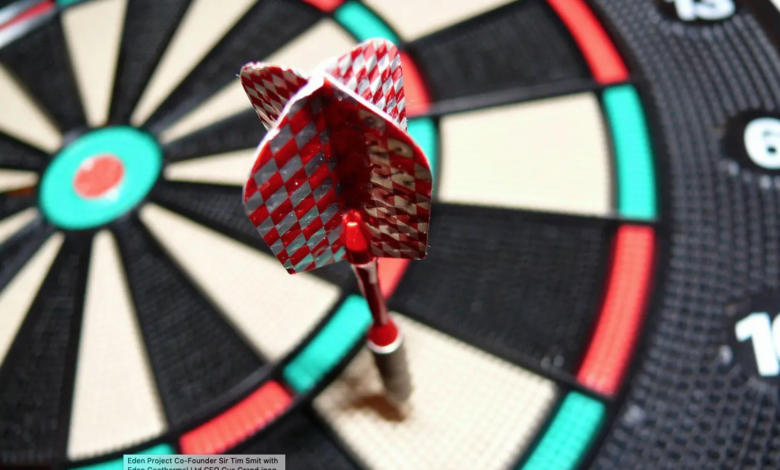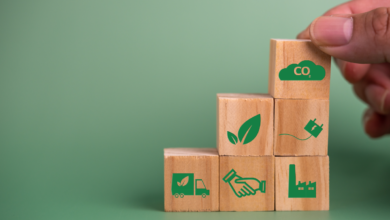Reporting time for EU climate neutrality efforts

The 1° independent monitoring on the road to EU climate neutrality
Europe is moving in the right direction to achieve EU climate neutrality by mid-century. But it’s still going too slow. The EU must “significantly accelerate the pace of change” in order not to miss targets, despite the leap forward made with the Green Deal. On 13 macro-indicators only 1 is “in line” with a carbon neutral continent in less than 30 years, while for 3 the progress is “too slow” and for 7, more than half, is “definitely too slow”. In two cases instead you are going in the “wrong direction”.
This is the picture that emerges from the first monitoring report of ECNO, the European Climate Neutrality Observatory recently established with the mission to independently monitor progress on the road to EU climate neutrality.
The study covers the period 2015-2021 and can therefore not fully return the impetus given by the Green Deal to community climate policies. The bulk of the Fit for 55 legislative package, in fact, was presented in July 2021 and entered into force in the following two years. Nevertheless, ECNO has integrated the impact of the Green Deal whenever data has allowed, even against more recent policies in 2021.
Progress towards EU climate neutrality
Let’s start from the painful notes. To be rejected are the sector of finance and that of CO2 removal. On the first point, it weighs both the gap in climate funding for the transition – something like 360 billion euros a year – and the public subsidies to fossils that are still growing. Between 2015 and 2020, they have risen by 1.5 billion per year, from now on they should fall at a rate of 9 billion per year.
With regard to the removal of CO2, however, the strongly negative opinion is linked to the reduction of the capacity of carbon dioxide absorption by European ecosystems. This is precisely the point that should be addressed by the highly controversial measure on restoring the nature that is causing Parliament and the Council to quarrel.
Read also From the UN, global guidelines to create policies toward net-zero emissions
Most indicators show progress, but very slow. Agrifood, industry, mobility, buildings are all labelled orange, along with lifestyles, adaptation and external action. On adaptation, in particular, it is red alert: indicators say that the trend is worsening and you are going in the wrong direction.
On the other hand, the clean technology, fair transition and electricity sectors are better. The latter is almost “on track”, but the share of renewable energy and the degree of integration of systems were developing too slowly to meet future needs in a timely manner, in particular with the progress of electrification in other sectors, notes the report. The only area in which the EU is promoted with flying colours is governance.





